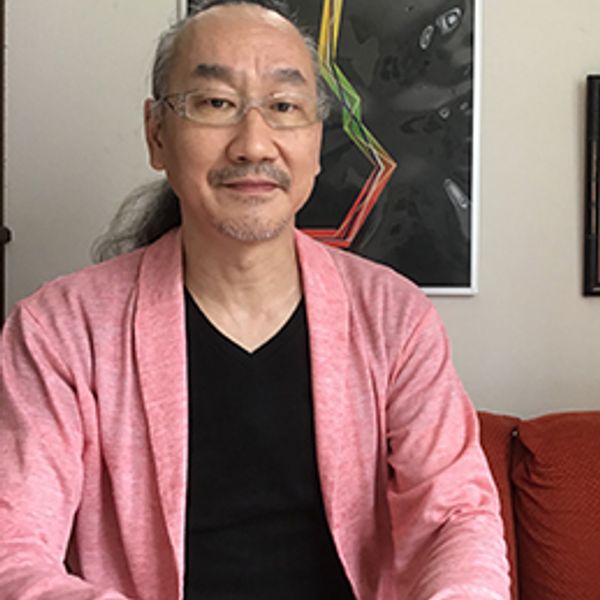Malak Mattar, Untitled (detail), 2024, charcoal on paper
The Inertia of Anxiety
The only thing I can talk about may be
the pain,
the sound of the soul shattering into pieces,
and how quietly or sluggishly it happens,
that may be the only thing.
The moon wet and silvered.
Being lonely
was such an easy thing.
But I wasn’t even lonely.
Around this time, a huge squid
was circulating in the Chatham Island deeps.
Feeding on plankton, small fish,
and its own solitude, tearing apart larger fish,
putting on size.
It was so lonely in the deep sea
that the squid became less and less transparent
as ammonia collected in its system,
that and loneliness.
By now, I recognize
the word, a term so close to me.
“Being lonely” was imaginable enough,
but calling it “despair”
simplified it too much.
I was fighting against this simplification.
While whispering, softly, the words
loneliness and despair, their imputations
began to have their effect on me,
and so the story automatically
completed itself.
In this critical age, the year of crisis,
I slept without dreaming;
instead, I tried to live my dreams.
I wasn’t even lonely.
Beyond such matters,
the true plateau stretches out.

Shuri Kido
Shuri Kido, sometimes referred to as the “far north poet,” is considered one of the most influential contemporary Japanese poets. Among his more than a dozen published books are poetry collections, essays on literature and Buddhism, and translations of Ezra Pound and T. S. Eliot. Kido’s own work is infused with his extensive knowledge of Japanese culture. (updated 10/2021)

Forrest Gander
Forrest Gander is the author, most recently, of the poetry collection Twice Alive (New Directions, 2021). A translator and multiple-genre writer with degrees in geology and literature, he has received, among other honors, the Pulitzer Prize, the Best Translated Book Award, and fellowships from the Library of Congress, the Guggenheim Foundation, and United States Artists. Born in the Mojave Desert, he lives in California. (updated 10/2021)

Tomoyuki Endo
Tomoyuki Endo collaborated with Forrest Gander on the translation of three poems in Kazuko Shiraishi’s My Floating Mother, City (New Directions, 2009). He also served as supervisor of English subtitles for Gozo Yoshimasu’s movies Thousands of Islandsand The Reality behind What We See, which won more than ten awards at international movie festivals. He is assistant professor at Wako University in Tokyo. (updated 10/2021)
